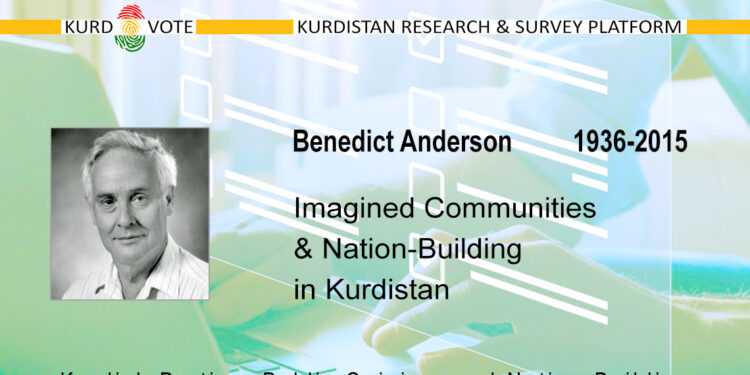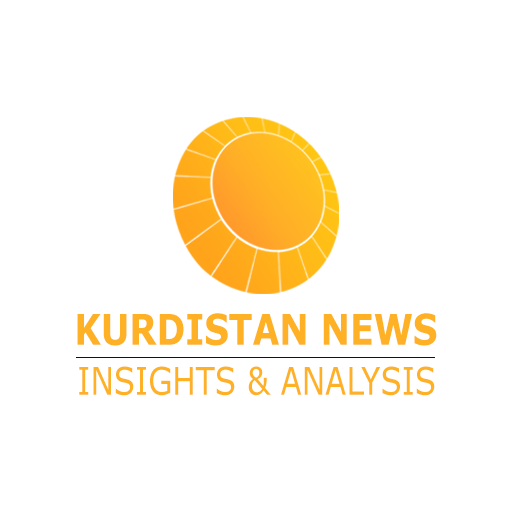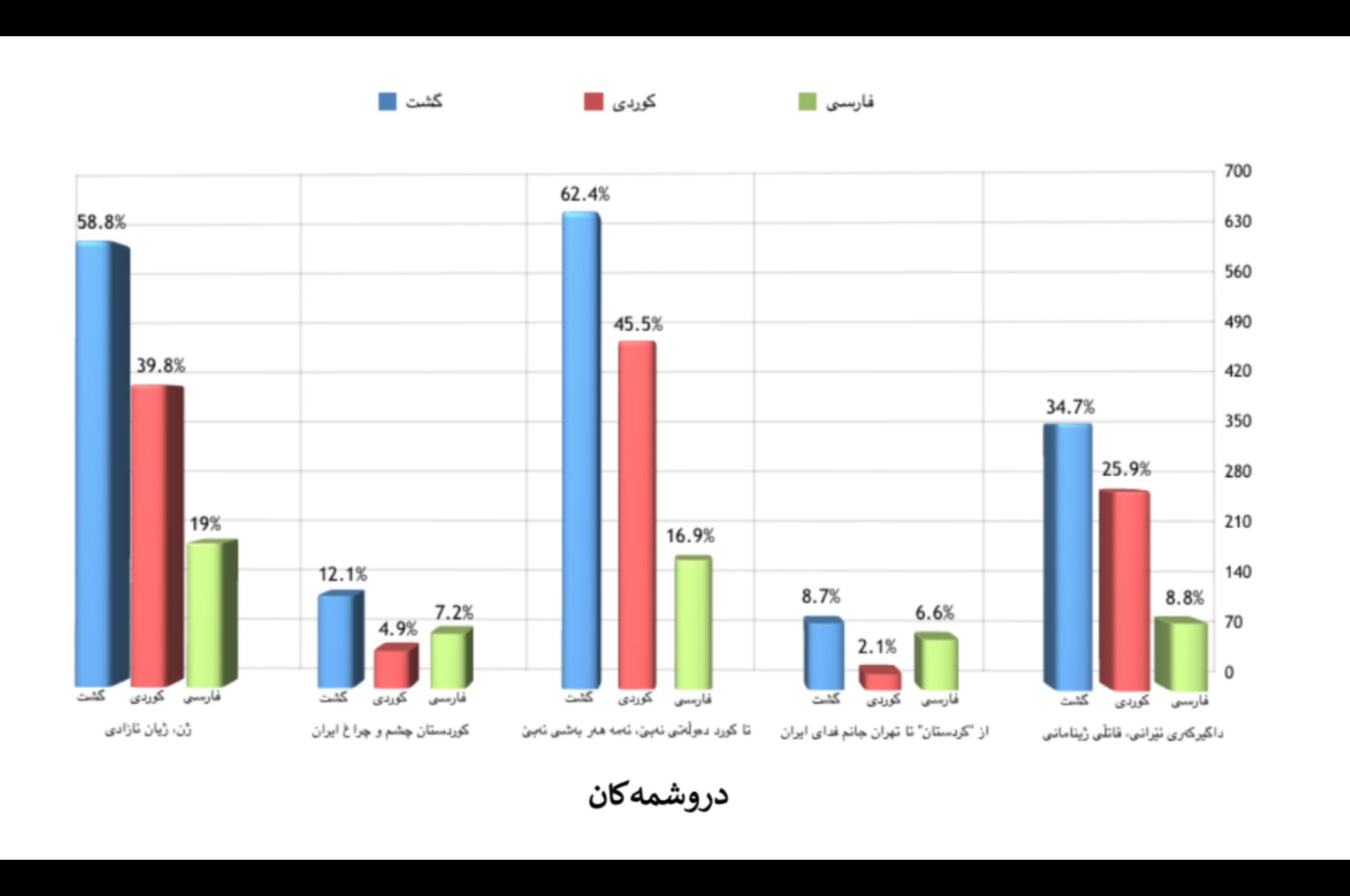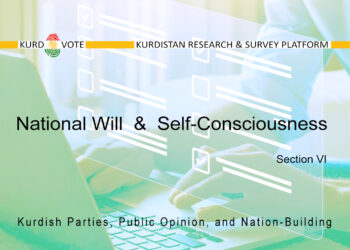Benedict Anderson and Imagined Communities
Benedict Anderson (1936–2015), in his classic work Imagined Communities, presented one of the most influential theories of the twentieth century. He defined the nation not as a natural or merely historical entity, but as an “imagined community”. From Anderson’s perspective, a nation comes into being when individuals, although they may never personally know one another, nonetheless conceive of themselves as part of a common whole. This imagined bond is constructed and reproduced through a shared language, historical memory, cultural symbols, and media. Thus, the nation is a socio-cultural phenomenon that must be continuously reconstructed within discursive and institutional practices.
From this perspective, Kurdistan is a clear example of both the potential and the challenges of the “imagined community.” For more than a century, Kurdistan has been occupied by four states, and Kurdish communities in North, East, West and South Kurdistan have each developed under different political and social conditions. In each part, specific institutions and political movements have emerged, creating diverse forms of struggle and mobilization. This history shows that Kurdistan has always stood at the intersection of two processes: on the one hand, the aspiration to create a shared national identity that transcends imposed borders; and on the other hand, the reproduction of local and regional imaginations often shaped by partisan and political circumstances.
The key point here is that, from Anderson’s perspective, the legitimacy of independence does not rest solely on military power or international recognition, but essentially on the ability to create and reproduce a shared national imagination. If such an imagination is consolidated and institutionalized across Kurdistan, independence can achieve durable legitimacy. But if the national imagination continues to fragment along partisan and regional lines, nation-building in Kurdistan will remain fragile.
From this viewpoint, the role of parties, media, and intellectual elites should be analyzed not merely as political actors, but as agents of national imagination. Fundamental questions arise in this regard:
- Have media and social institutions succeeded in fostering a common vision of a “unified Kurdistan”?
- To what extent have local and partisan discourses, instead of strengthening collective identity, led to the creation of “parallel imagined communities”?
- How can historical memory, language, and cultural symbols be mobilized to reinforce the unity of the national imagination?
Anderson’s framework thus provides a powerful analytical tool for examining nation-building in Kurdistan. It shows that the future of independence depends above all on the capacity to institutionalize a shared imagined community—a community that can transcend imposed political borders and become the foundation of legitimacy for a modern nation-state and the independence of Kurdistan.














